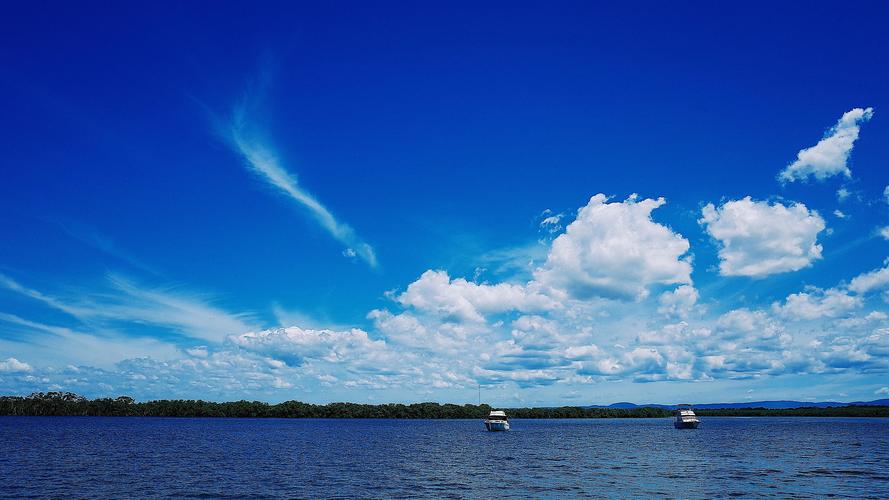Exploring the Fascinating Hobbies and Interests of George Washington Carver
George Washington Carver was a renowned scientist, educator, and inventor who lived during the late 19th and early 20th centuries. He is famous for his work in advancing agriculture, especially for his research on peanuts, sweet potatoes, and other crops that transformed the economy of the southern United States.
Apart from his scientific achievements, Carver was also a man of many fascinating hobbies and interests. In this article, we will explore some of the lesser-known aspects of his life and discover how his diverse pursuits contributed to his success as a scientist and human being.
Music
One of the most surprising facts about George Washington Carver is that he was an accomplished musician. According to various sources, he not only played many instruments such as piano, banjo, and harmonica but he also composed his own music.
Carver used music as a way to relax and express himself. It’s believed that he often played music while working in his laboratory, which helped him to stay focused and creative. Additionally, he used music to connect with others, as he often played for the children at Tuskegee Institute, where he was a professor.
Art
Carver was also an avid artist who loved to draw and paint. His artwork was known for its intricate details and vibrant colors, showcasing his deep appreciation for nature. He often incorporated his scientific knowledge into his art, as he drew plants and animals with close attention to their features and behavior.
Carver’s artwork was not just a personal hobby; it was also a means through which he educated others about the wonders of nature. His illustrations were used in textbooks and other educational materials, helping people to understand and appreciate the world around them.
Literature
In addition to his interest in science, art, and music, George Washington Carver was also an avid reader and writer. He loved to read books on a wide variety of subjects, from philosophy and religion to history and poetry. He also wrote extensively, producing numerous essays, articles, and letters throughout his career.
Carver’s love for literature was not just a personal passion but it also served a practical purpose. He often used his writing skills to communicate his scientific ideas and discoveries to others, especially to farmers who were struggling to grow crops in depleted soil. His writings were extremely influential, inspiring people to adopt new farming techniques and to appreciate the value of conservation.
Conclusion
In conclusion, George Washington Carver was much more than a mere scientist; he was a multifaceted individual with a wide range of interests and passions. By exploring his hobbies and pursuits, we can gain a greater appreciation for his intellect, creativity, and humanity. It’s clear that his diverse interests and talents contributed to his success as a scientist and educator, as they helped him to think outside the box and to connect with others on a deeper level. We can all learn from Carver’s example and strive to cultivate our own hobbies and interests, as they can help us to become more well-rounded, creative, and fulfilled individuals.
(Note: Do you have knowledge or insights to share? Unlock new opportunities and expand your reach by joining our authors team. Click Registration to join us and share your expertise with our readers.)
Speech tips:
Please note that any statements involving politics will not be approved.
